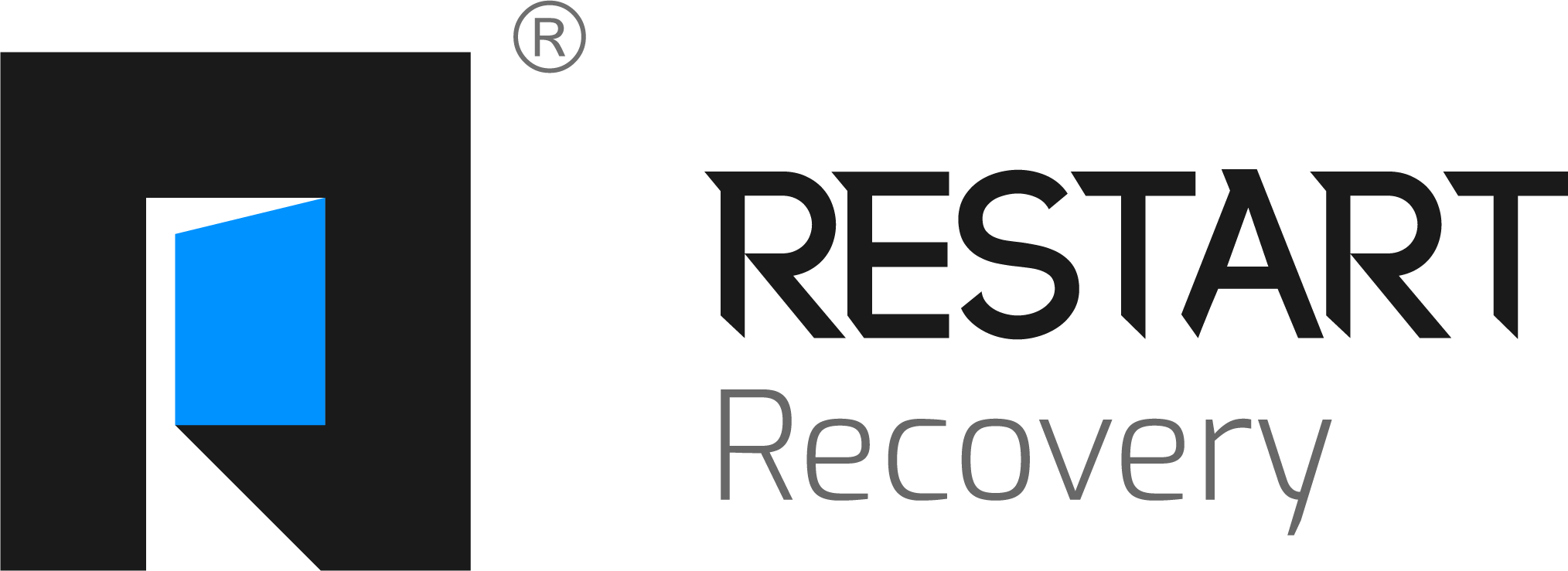What Are the Goals of Addiction Treatment?
- Yasmin Maghsoudloo
- Jun 5, 2025
- 1 min read

What Are the Goals of Addiction Treatment?
The primary goals of addiction treatment focus on helping individuals overcome substance dependence and build a foundation for a healthy, fulfilling life. Here are the key objectives:
1. Achieve Sobriety
The initial goal is to help individuals stop using drugs or alcohol, detoxify their bodies, and begin the process of living substance-free.
2. Address Underlying Issues
Treatment focuses on identifying and addressing underlying causes of addiction, such as mental health disorders, trauma, or emotional pain, through therapy and counseling.
3. Develop Healthy Coping Skills
Individuals learn practical strategies to handle stress, cravings, and triggers more healthily, reducing the risk of relapse.
4. Improve Mental and Physical Health
Addiction treatment aims to restore both mental and physical well-being by addressing co-occurring mental health issues and encouraging a balanced lifestyle.
5. Rebuild Relationships
Repairing damaged relationships with family, friends, and loved ones is an essential goal, often involving family therapy and communication skills.
6. Promote Long-Term Recovery
Sustained recovery is the ultimate goal, and treatment programs often include relapse prevention strategies, ongoing support, and aftercare to maintain sobriety.
7. Reintegration into Society
Helping individuals reintegrate into their communities by improving their job skills, social relationships, and sense of purpose is key to long-term success.
These goals aim to provide individuals with the tools and support they need to live substance-free and lead meaningful, productive lives.





Comments